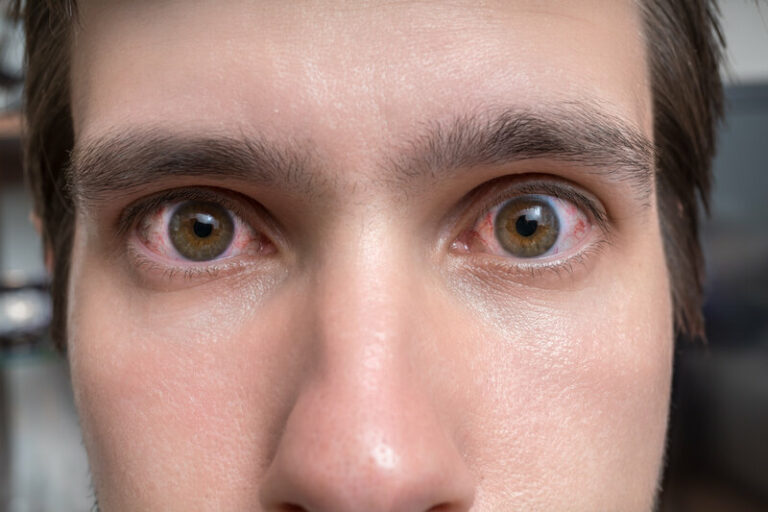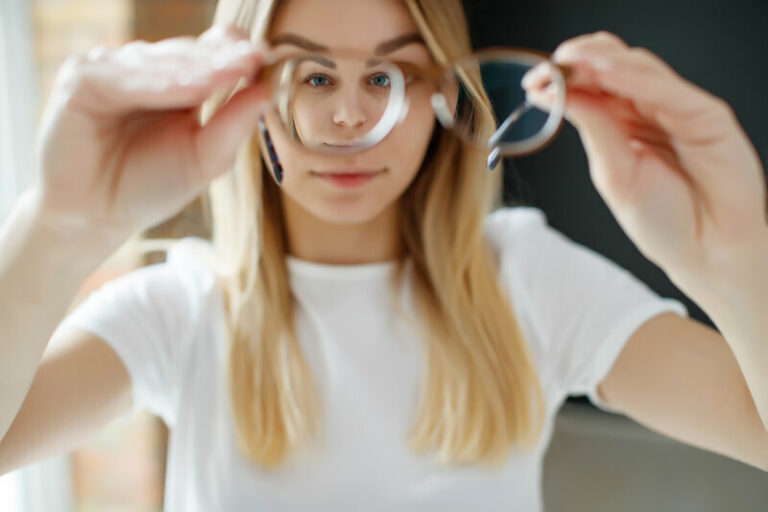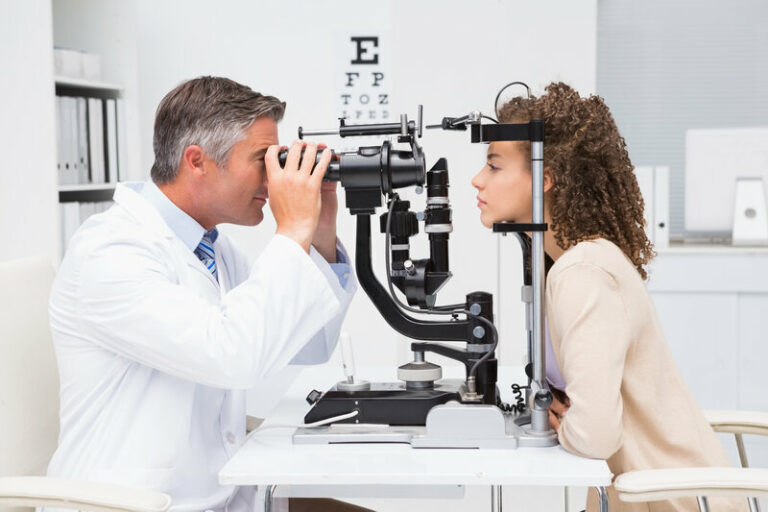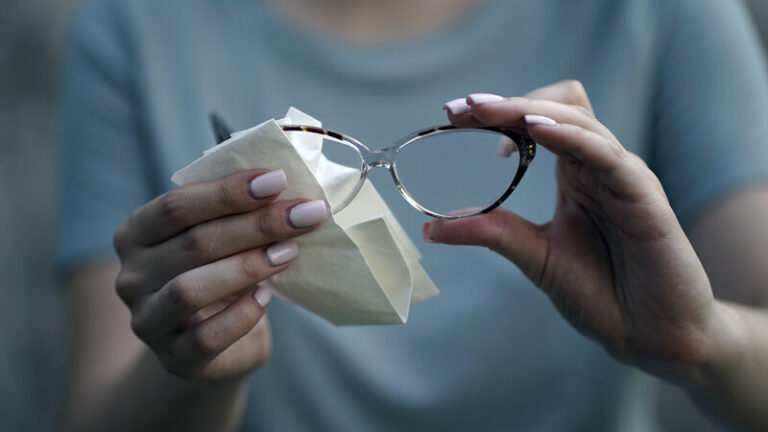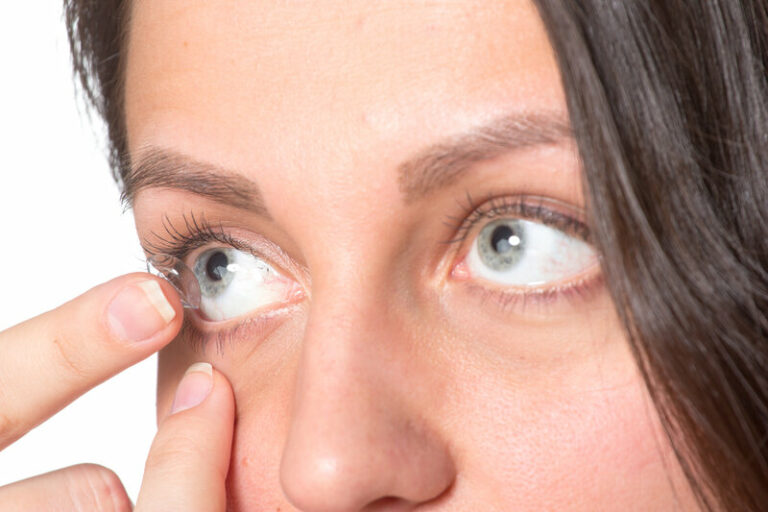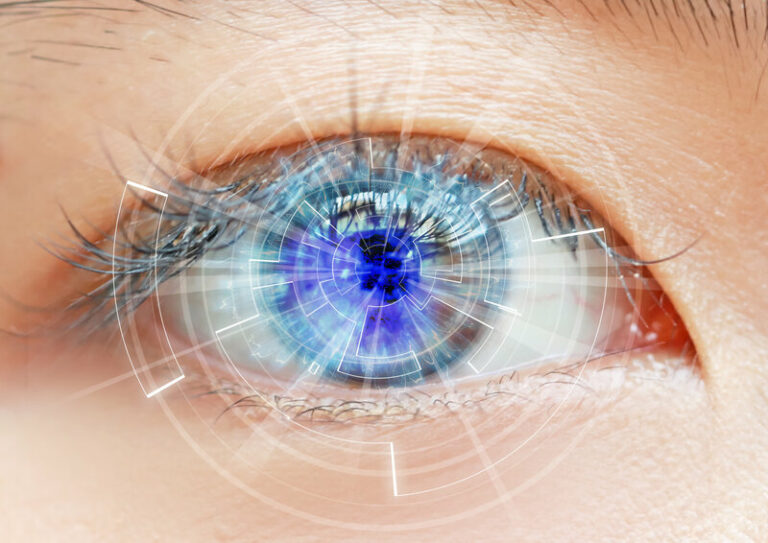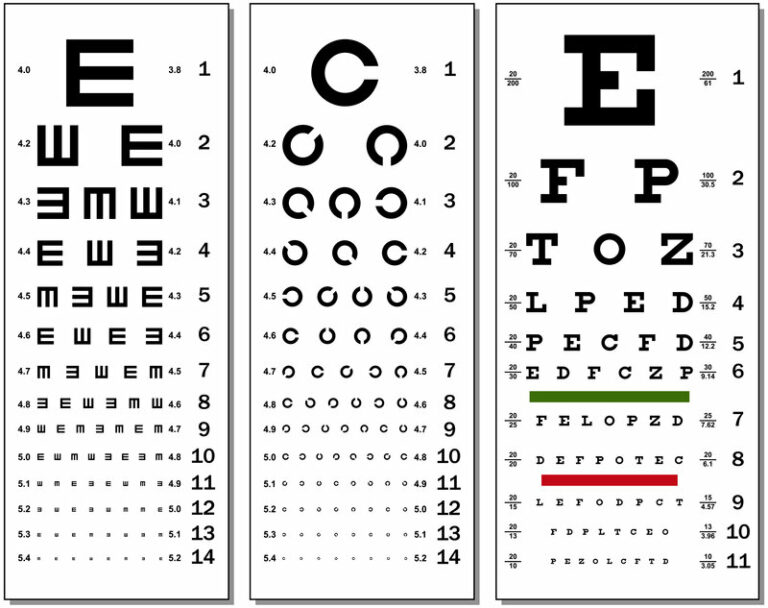What Can Cause Bloodshot Eyes?
Posted by: Atlantic Eye Institute in Education
There’s no need to panic if you have bloodshot eyes unless accompanied by extreme discomfort or thick goop draining from the corners or around the eyelashes. However, red or bloodshot eyes always indicate the eyes are unhappy about something. 12 Common Causes For Red Or Irritated Eyes Here are 12 common reasons eyes may be…
Read MoreAt What Point Are You Legally Blind?
Posted by: Atlantic Eye Institute in Education
The term legally blind is not used by optometrists or ophthalmologists as a diagnosis. Instead, we diagnose patients using terms like “normal, low vision, or impaired vision,” depending on their visual acuity. However, the U.S. government uses the term “legally blind” as a qualifier to support those with low vision that affects daily activities. If…
Read MoreQuick Recovery: LASIK And EVO Visian ICL Vs. PRK
Posted by: Atlantic Eye Institute in EVO Visian
Recovery Time After Vision Correction Surgery: Compare Your Options If you are seeking freedom from dependence on glasses or contacts, it is important to learn about your options and choose the procedure that is best for you. Many people pursue vision correction surgery with the goal of simplifying their routine or enhancing an active lifestyle,…
Read More10 Health Issues An Eye Exam Can Detect
Posted by: Atlantic Eye Institute in Eye Exams
Did you know eye exams often provide clues about undiagnosed or unmanaged health conditions? That’s right. They say the eyes are the windows to the soul, but we also feel they are windows into a patient’s medical history. Your Eye Exam May Detect One Of These Ten Health Issues So, while we advocate for annual…
Read MoreYour Guide To Eyeglass Lens Coatings
Posted by: Atlantic Eye Institute in Education
Eyeglasses aren’t cheap, and we know it can be tempting to bypass the different eyeglass lens coatings available when you order a new pair of prescription lenses. However, when you consider that most adults don’t experience significant changes in their vision for two to three years – or more – at a time, some lens…
Read MoreContact Lens Intolerance
Posted by: Atlantic Eye Institute in EVO Visian
Contact Lens Intolerance And How To Relieve It Many of our patients who have refractive errors enjoy wearing contact lenses instead of glasses for a variety of reasons. Unlike glasses, contacts don’t alter a person’s appearance, and many of our patients simply find contacts to be a more convenient option than glasses. For all of…
Read MoreSo You’re Not A Candidate For LASIK?
Posted by: Atlantic Eye Institute in EVO Visian
So I Was Told I Am Not A LASIK Candidate If you have been imagining a life with less dependence on contact lenses or glasses, it can be disappointing to be told that you are not a candidate for LASIK. However, the road to better vision does not stop at LASIK! While it may be…
Read MoreHistory Of The Eye Chart
Posted by: Atlantic Eye Institute in Education,Eye Exams
Every day, millions of American adults and children sit in an optometrist’s chair and recite what they see on a black-and-white “eye chart.” The chart is called the Snellen Chart, named after its creator, Herman Snellen. It is an example of the fact that sometimes the most simple tools are the best, and while we…
Read MoreDoes Wearing Prescription Eyeglasses Make Your Eyes Weaker?
Posted by: Atlantic Eye Institute in Education
Just last month, we published a fun post on the myths and wives’ tales making the regular rounds about eyes and vision care. It’s a fascinating and important topic because the more accurate information you have, the more you can be informed and proactive about eye and vision care. Today, we want to talk about…
Read MoreOld Wives Tales About Your Eyes
Posted by: Atlantic Eye Institute in Education
We thought it might be fun to run through the roster of old wives tales about eyes and vision health. Consider this your myth-busting resource for many of the sayings or tidbits you may have heard over the year that are not based on scientifically-proven facts. Myth-Busting Facts About Common Eye And Vision Old Wives…
Read More

